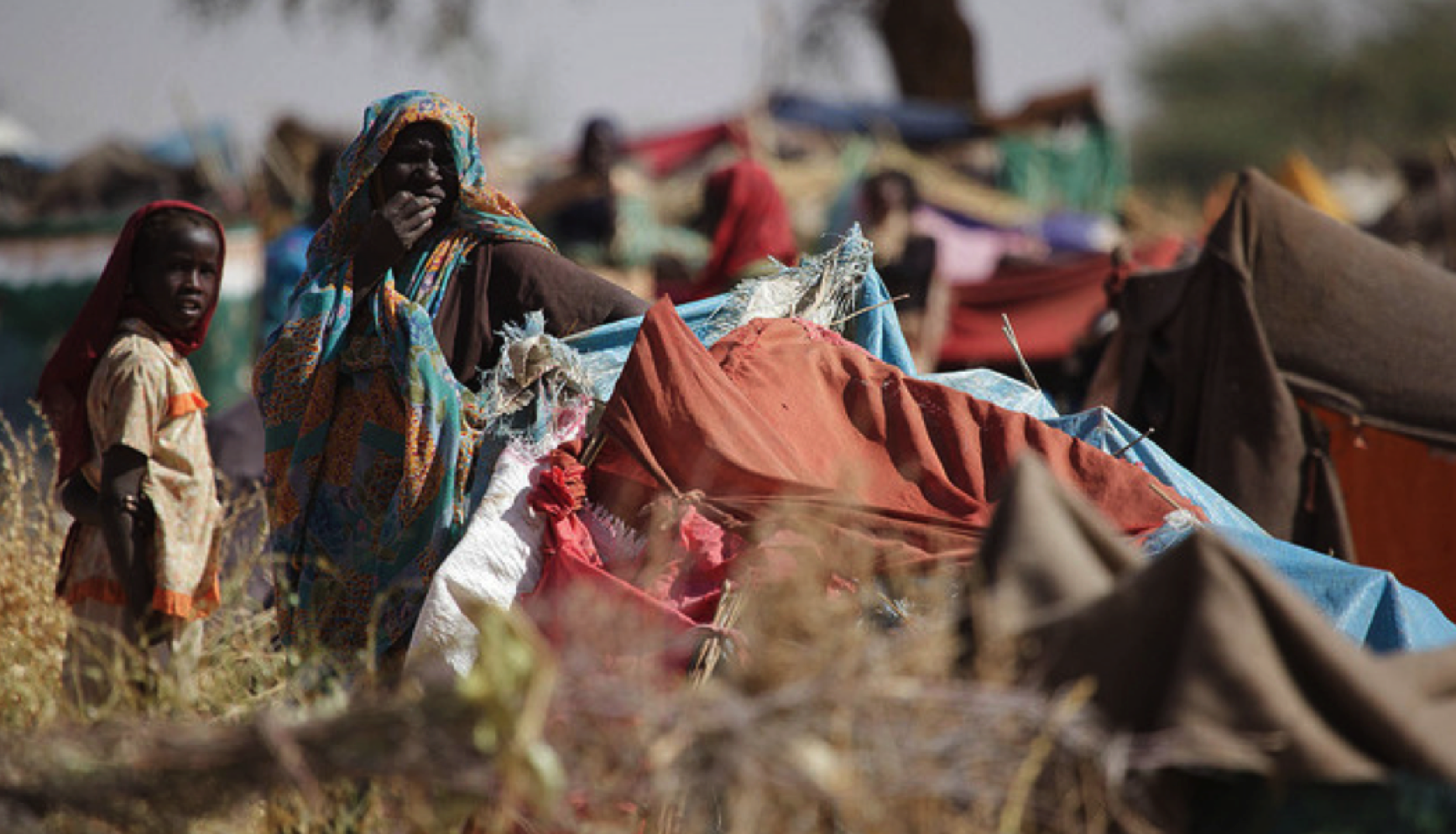Never again…again?
Eric Reeves | September 16, 2018 | https://wp.me/p45rOG-2if
People in Darfur’s camps for displaced persons continue to be too fearful to return to their homes and lands, which—with the Khartoum regime’s blessing—have been seized by armed Arab militias and marauders. These people are virtually all non-Arab/African. Their continuing suffering and death in the camps amounts to “genocide by attrition,” certainly if we are guided in our assessment by the terms of the 1948 UN Convention on the Prevention and Punishment of Genocide:
Article 2
In the present Convention, genocide means any of the following acts committed with intent to destroy, in whole or in part, a national, ethnical, racial or religious group, as such:
(a) Killing members of the group;
(b) Causing serious bodily or mental harm to members of the group;
(c) Deliberately inflicting on the group conditions of life calculated to bring about its physical destruction in whole or in part;
(d) Imposing measures intended to prevent births within the group;
(e) Forcibly transferring children of the group to another group.
No account of total mortality in the Darfur genocide can be accurate without some attempt to reckon the number of those who have lost their lives because of violent displacement into the camps and the subsequent malnutrition and morbidity that have defined camp life. (My own attempt at such a reckoning can be found at | http://sudanreeves.org/2017/01/05/quantifying-genocide-darfur-mortality-update-august-6-2010/).
The dying and ethnically-targeted killing continues in Darfur, whatever the cynical expediency of the international community in averting its eyes from these realities.
“Never again”? I can think of no more obscene “declaration.”
Malaria rife in Darfur | Radio Dabanga, September 16, 2018 | ZAMZAM [camp for displaced persons]
People in the camps for the displaced in North Darfur complain of the spread of malaria.
“There is no home free of malaria in Zamzam camp,” a community leader reported to Radio Dabanga. “The same is true for the camps of Abu Shouk, Tawila, Kassab, Fata Borno, and Kabkabiya.” The sheikh said that the disease, spread by mosquitoes, “appears to be more widespread than during the last rainy seasons.”
[Camps for the displaced—home to some 2.2 million people, one third of Darfur’s pre-war population—are chronically short of key items, both food and non-food: clean water, anti-malarial medicines, medical personnel, suitable dwellings, and adequate maintenance of latrines. The explosive rise in food prices makes purchase of even the most critical medicines much more difficult.
Malaria is often an extremely serious illness—debilitating, sometimes causing lasting symptoms and vulnerability to re-infection—and it is frequently fatal. No account of total mortality in the Darfur genocide can be accurate without some attempt to reckon the number of those who have lost their lives because of violent displacement into the camps and the malnutrition and morbidity that have defined camp life—ER]
He added that most displaced people cannot afford to buy medicines anymore. “With these soaring food prices, we have hardly money enough to buy food.” A delegation from the federal Ministry of Health, headed by the director of the Ministry’s Epidemiology Department, arrived in the North Darfur capital of El Fasher last week to investigate the prevalence of malaria cases and visit health facilities in the state.
[These health facilities are woefully inadequate and often badly under-staffed; many are unavailable to those in camps for displaced persons—ER]
The fate of those unable to reach IDP camps is often much worse, and there are many such people: